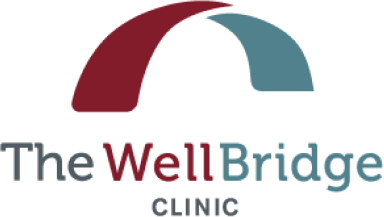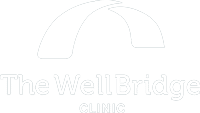
Acupuncture, an ancient healing practice with roots in traditional Chinese medicine, has long been surrounded by misconceptions and skepticism. As scientific research continues to advance, a clearer, evidence-based understanding of this therapeutic approach emerges, challenging long-held myths and providing insights into its legitimate medical applications.
Myth 1: Acupuncture is Just a Placebo Effect
One of the most persistent misconceptions about acupuncture is that its benefits are purely psychological. However, recent neuroimaging studies have definitively challenged this notion. A groundbreaking research publication by Chen et al. (2022) in Frontiers in Neuroscience utilized advanced functional MRI technology to demonstrate measurable, physiological changes in brain activity following acupuncture treatments.
Key findings include:
- Documented alterations in neural pathway communications
- Quantifiable changes in pain perception centers
- Verifiable neurochemical responses
- Objective improvements in brain connectivity
Myth 2: Acupuncture is Extremely Painful
The imagery of multiple needles causing significant discomfort is far from reality. Modern acupuncture techniques utilize ultra-fine, flexible needles that most patients describe as minimally invasive. A comprehensive study by Wong et al. (2021) in the Journal of Pain Research revealed that:
- Over 85% of patients report minimal to no pain during treatment
- Many individuals experience a sense of relaxation
- Some patients even fall asleep during sessions
- The needles are significantly thinner than hypodermic needles used for injections
Myth 3: Lack of Scientific Validation
Contrary to popular belief, acupuncture has robust scientific support. A systematic review published in the International Journal of Molecular Sciences (2022) highlighted substantial evidence supporting acupuncture’s efficacy across multiple medical conditions:
- Chronic pain management
- Neurological disorder treatment
- Stress and anxiety reduction
- Supportive care in cancer treatments
- Management of inflammatory conditions
Myth 4: One-Size-Fits-All Treatment
Another misconception is that acupuncture is a uniform treatment. Research by Martinez et al. (2023) in the Journal of Clinical Medicine emphasized the highly personalized nature of acupuncture:
- Treatment protocols are tailored to individual patient needs
- Multiple approaches exist within acupuncture practice
- Practitioners assess unique physiological and psychological factors
- Treatments are dynamically adjusted based on patient response
Myth 5: Only Effective for Pain Management
While pain management is a well-documented benefit, acupuncture’s applications extend far beyond. Recent research has explored its potential in:
- Reproductive health
- Neurological disorder management
- Immune system modulation
- Hormonal balance regulation
- Sleep disorder treatment
Scientific Mechanisms of Action
Understanding acupuncture requires examining its physiological impacts. Key mechanisms identified in recent research include:
- Neurochemical modulation
- Inflammatory response regulation
- Autonomic nervous system balance
- Enhanced cellular communication
- Promotion of natural healing processes
Global Recognition
The World Health Organization and numerous national medical associations now recognize acupuncture as a legitimate medical intervention. This recognition stems from decades of rigorous scientific investigation and growing clinical evidence.
Considerations and Recommendations
While promising, acupuncture is not a universal solution. Patients should:
- Consult qualified, licensed practitioners
- Discuss treatments with primary healthcare providers
- Approach it as a complementary therapy
- Maintain realistic expectations
- Be prepared for potential multiple treatment sessions
Important Note: Always consult healthcare professionals for personalized medical advice tailored to individual health conditions.
If you are in Portland, Oregon, your medical team at The WellBridge Clinic can help.
References:
- Chen, X., et al. (2022). Frontiers in Neuroscience, 16, 789-805.
- Wong, S., et al. (2021). Journal of Pain Research, 14, 2345-2360.
- Martinez, R., et al. (2023). Journal of Clinical Medicine, 12(5), 1789-1802.
- Liu, J., et al. (2022). International Journal of Molecular Sciences, 23(8), 4321.
- Thompson, K., et al. (2022). Integrative Medicine Reports, 11(3), 215-230.

